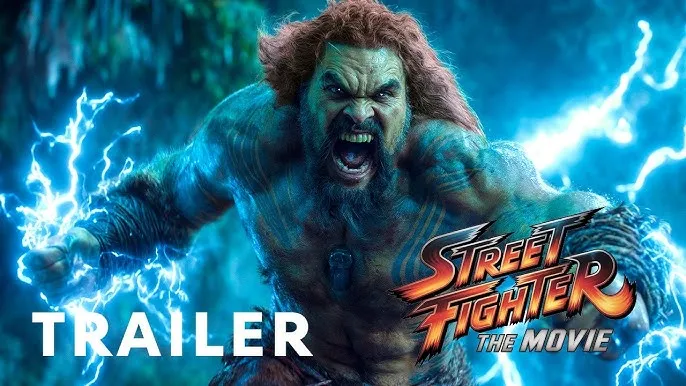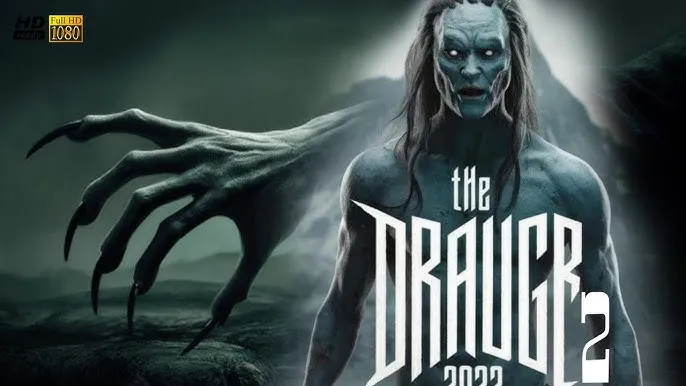"In a world of killers, he’s the last one standing between honor and oblivion."
There are hitman films, and then there is Fast Charlie (2023)—a neo-noir action thriller that moves with the pulse of inevitability, tinged with regret and the bitter taste of mortality. Directed by Phillip Noyce, the film stars Pierce Brosnan in one of his most grizzled and vulnerable roles, bringing depth to a character who lives by the gun but finds himself racing against forces far greater than his own reputation.

Charlie Swift, known on the streets as “Fast Charlie,” has spent a lifetime cleaning up problems for the mob. Efficient, loyal, and always ahead of the bullet, he has built a career out of being the man you call when the job must be done quickly and cleanly. But when his boss is killed and his own world collapses, Charlie discovers that even the fastest man can’t outrun betrayal, aging bones, and the ghosts of choices made long ago.
What makes Fast Charlie more than just another hitman story is its beating heart of melancholy. Brosnan plays Charlie with weariness in his eyes and violence in his hands—a man who has seen too much yet still clings to a strange sense of honor. The film pairs him with Marcie (Morena Baccarin), a woman entangled in the fallout of Charlie’s world, and together they navigate a landscape where blood debts are paid in both bullets and broken promises.

Noyce directs with a sharp, noir-inspired edge, layering bursts of sudden, brutal violence with quiet, reflective moments that cut even deeper. The action is swift, but it is the silences—the pauses between gunfire—that remind us this is not just about killing, but about what remains when a killer realizes time is no longer on his side.
Fast Charlie (2023) becomes less a story about a hitman’s final job and more a meditation on legacy, mortality, and the fleeting speed of life. In Charlie’s world, death comes fast—but the weight of living, of remembering, comes even faster.
-1750394443-q80.webp)
-1754973159-q80.webp)

